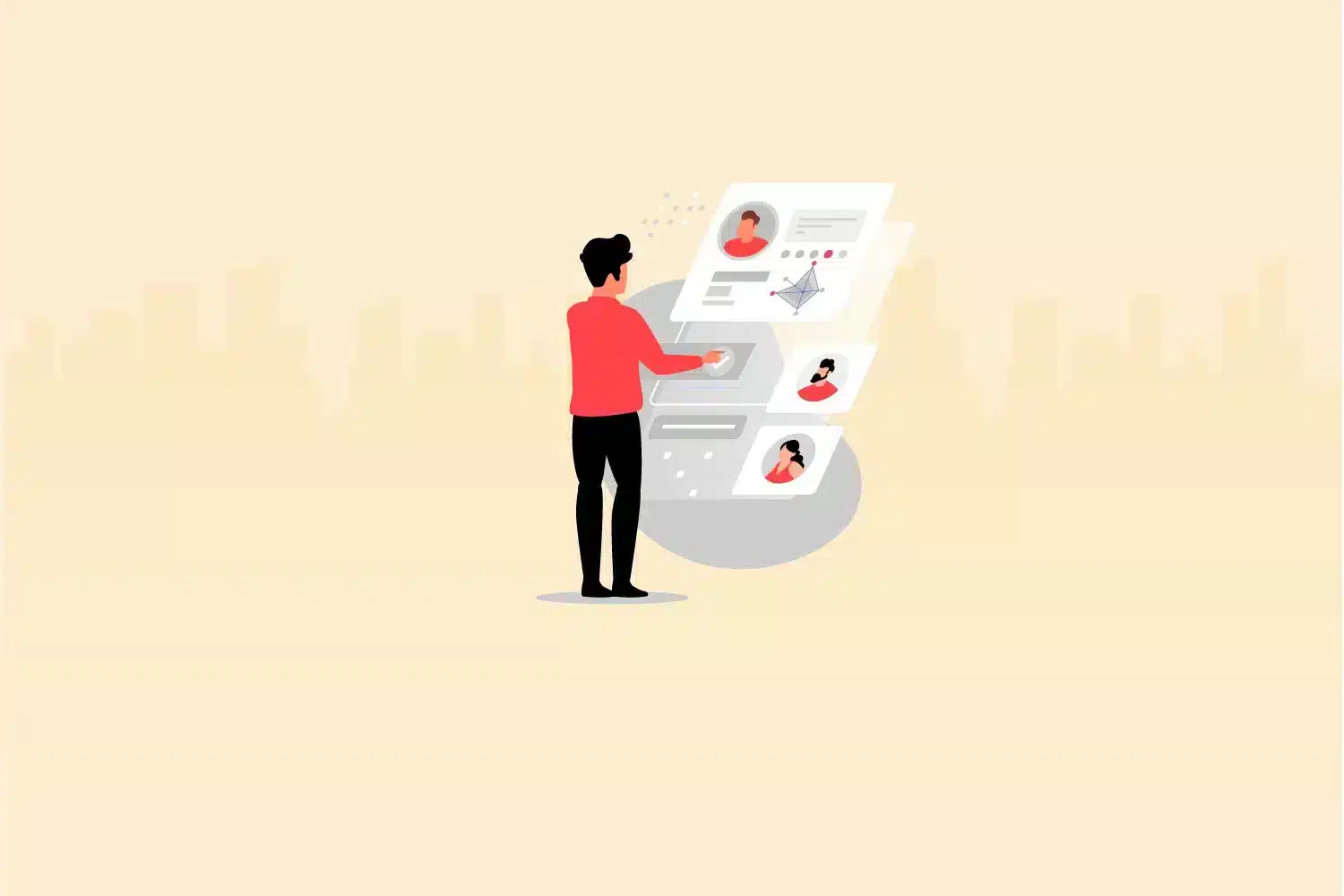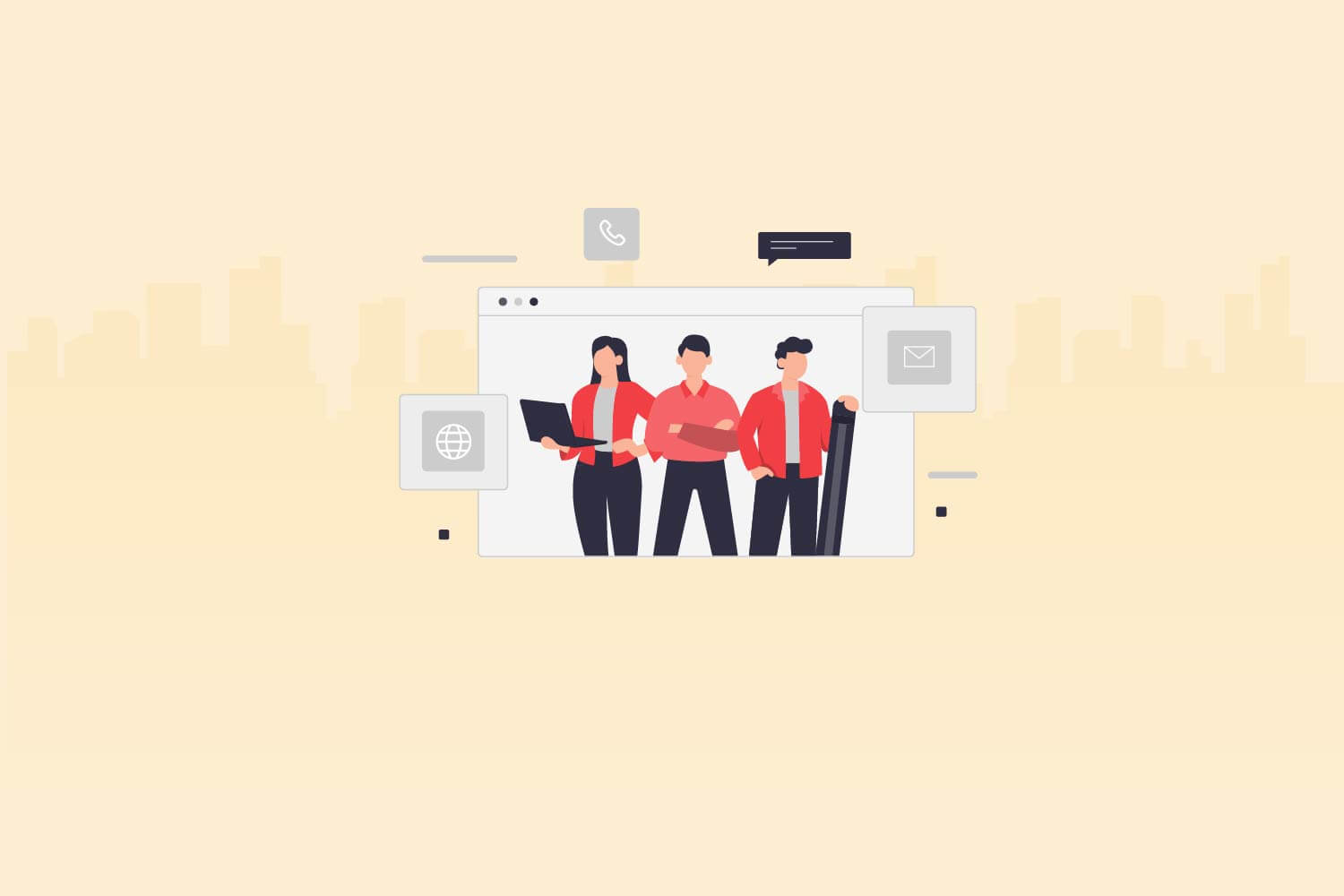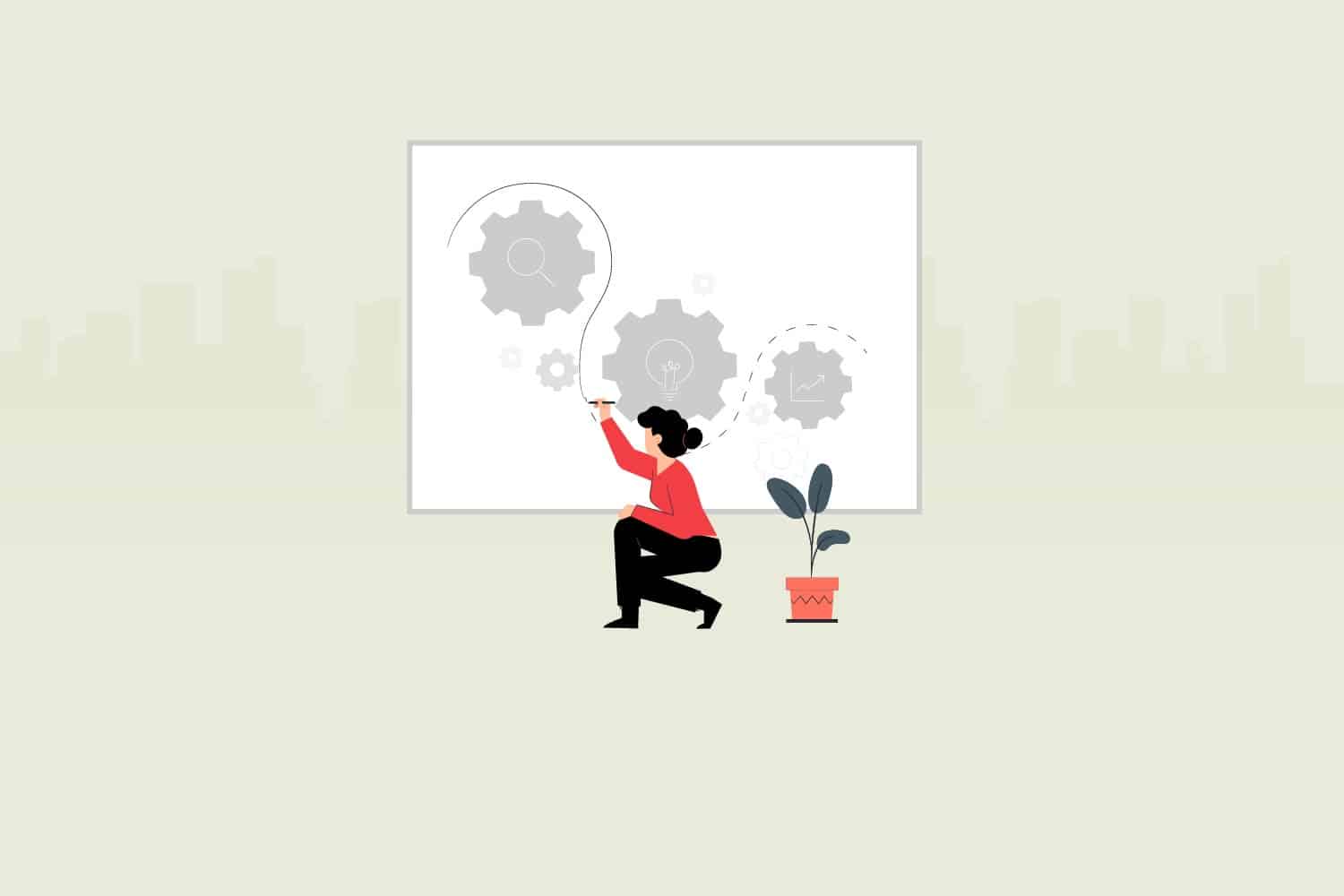In today’s ever-changing business world, it’s crucial to embrace the idea of continuous learning at work. Companies’ operations constantly evolve, and staying updated is not just a good idea; it’s essential for success. Continuous learning in the workplace is more than just attending occasional training sessions. For companies, it means being more innovative and ready to handle the challenges of the modern business world.
According to a study by Gartner, companies prioritizing continuous learning see a whopping 31% increase in employee engagement. This number shows how important it is to create an environment that encourages learning all the time—not just when things change, but as a way to make sure everyone keeps growing and succeeding.
This blog aims to demonstrate the benefits of continuous learning and having a mindset that values learning all the time, not just now and then. For individuals, it means personal growth and better chances in their careers.
Understanding continuous learning:
Continuous learning is crucial for success. It means constantly learning new things, adapting to changes, and staying valuable at work. Unlike regular training sessions, Continuous Learning in the Workplace is ongoing. It’s about creating an environment where everyone is encouraged to keep learning, whether through formal training, online courses, or learning from daily experiences on the job. Encourage employees to create knowledge-based materials such as videos, PDFs, and presentations. There are video editors and free PDF editor tools that the team can use to enhance further and customize these resources.
The benefits of Continuous learning are significant. Studies and real examples consistently show that companies promoting continuous learning have happier employees, more innovation, and a better ability to adapt to changes in the industry. Commitment to learning contributes to a more resilient and competitive workforce.
Benefits of continuous learning:
In today’s fast-paced workplaces, adopting a culture of continuous learning brings numerous advantages for individuals and organizations alike. Let’s explore the various benefits of constant learning in the workplace.
New skills:
Continuous learning means constantly gaining new skills to stay valuable and relevant in your job. Learning new things helps you adapt to changes in the workplace and broadens your abilities. It’s essential to keep learning to meet your job’s demands.
Greater confidence:
As people learn new things, they become more sure of themselves. Continuous learning helps them do better at work and feel happier. Being confident isn’t just about knowing things; it’s about believing in yourself and feeling like you can make a difference. When people feel secure, they can contribute more and create a more significant impact.
Increased productivity:
Engaging in continuous learning leads to increased productivity. Applying freshly acquired knowledge and skills enables individuals to work more efficiently, contributing to overall organizational success. Productivity isn’t just about working harder; it’s about working smarter and achieving more in less time.
Technological innovation:
Embracing a culture of continuous learning encourages technological innovation. Organizations at the forefront of industry advancements are better positioned to lead technological changes. Innovation isn’t just about keeping up; it’s about showing the way with creative solutions and embracing progress.
Job satisfaction:
Individuals engaged in continuous learning experience higher levels of job satisfaction. The fulfillment from acquiring new knowledge and skills contributes to a positive work environment. Job satisfaction isn’t just about contentment; it’s about finding joy and purpose in the work one does every day.
Career guidance:
Continuous learning provides valuable career guidance, helping individuals navigate their professional paths. It goes beyond skills, offering a roadmap for intentional career growth in the evolving professional landscape. Career guidance isn’t just about making choices; it’s about making informed decisions for a fulfilling professional journey.
Leadership development:
Continuous learning catalyzes leadership development, nurturing individuals to take on leadership roles. Learning focuses on developing the leadership mindset crucial for guiding and inspiring others. Leadership development isn’t just about titles; it’s about developing the skills and attitude to guide and inspire others.
Certification or renewal opportunities:
Continuous learning often leads to certification or renewal opportunities, formally recognizing acquired skills. This certification showcases an individual’s commitment to ongoing education and professional development. Certification isn’t just a piece of paper; it’s a tangible acknowledgment and validation of expertise.
Unique opportunities:
Embracing continuous learning opens doors to unique opportunities, allowing individuals to explore new areas and contribute beyond their regular scope. These opportunities enhance skills and broaden perspectives. Unique opportunities aren’t just about tasks but about embracing challenges that stretch and grow individuals.
Access to resources:
Continuous learning provides access to many resources, including online courses and workshops. This access isn’t just about availability; it’s actively seeking and utilizing resources for continuous understanding. Access to resources isn’t just about having them; it’s about actively seeking and using them for constant learning.
Relationship development:
Continuous learning fosters a collaborative work environment and develops relationships among colleagues. These relationships form a network of support and camaraderie. Relationship development isn’t just about interactions; it’s about building a network of support and camaraderie within the organization.
Networking opportunities:
Continuous learning often involves participation in events, offering networking opportunities for personal and professional growth. Networking isn’t just about making connections; it’s building relationships for collaboration and shared success. Networking opportunities aren’t just about meeting people; they’re about building relationships that open doors to collaboration and shared success.
Fostering a culture of continuous learning in the workplace is about strategic investment in the development and success of individuals and the organization. The diverse benefits encompass skill enhancement, personal growth, and organizational resilience, creating a win-win scenario for everyone involved.
Ways to build a continuous learning culture at the workplace:
Creating a continuous learning culture is essential for organizational and employee growth in this ever-changing workplace. Explore practical ways to integrate learning seamlessly.
Encourage active employee participation:
Foster an environment where employees actively engage in continuous learning in the workplace. Learning includes regular training sessions, workshops, or designated spaces for sharing knowledge and insights, creating a dynamic learning community.
Incorporate technology-driven learning:
Make learning accessible and engaging by leveraging technology. Introduce online courses, webinars, and e-learning platforms, allowing employees to learn at their own pace and on their terms, fostering a tech-savvy and adaptable workforce.
Foster open communication and knowledge sharing:
Cultivate a culture that values open communication and extensive knowledge sharing. Establish physical and virtual forums where employees can discuss experiences, insights, and challenges, promoting a collaborative and informed work environment.
Provide opportunities for skill development:
Actively support continuous learning by offering diverse opportunities for skill development. Learning may include sponsoring employees to attend workshops and conferences or enrolling in specialized courses, ensuring a well-rounded and adaptable skill set.
Set realistic goals and track progress:
Establish clear and achievable learning goals aligned with organizational objectives. Develop personalized learning plans, track progress, and celebrate achievements regularly. Learning keeps employees motivated and emphasizes the integral role of continuous education for sustained organizational success.
Conclusion:
To sum up, fostering a culture of Continuous Learning is vital for lasting success. It’s not just about personal growth; it’s about making your workplace more adaptable and successful. So, take a step now to encourage a learning-focused atmosphere. Understanding how continuous learning in the workplace enhances individual skills and benefits the organization is vital.
See learning as an ongoing journey, not just a destination. Embrace the many benefits of continuous learning to boost your team’s skills, morale, and competitiveness. Remember, continuous learning isn’t just a plan; it’s an active strategy for perpetual success.
Ready to redefine your hiring approach? Testlify is an advanced talent assessment tool to elevate your recruitment strategy. Uncover top-tier talent seamlessly and enhance your dynamic workplace. Embark on a transformative journey toward success with Testlify by your side!








